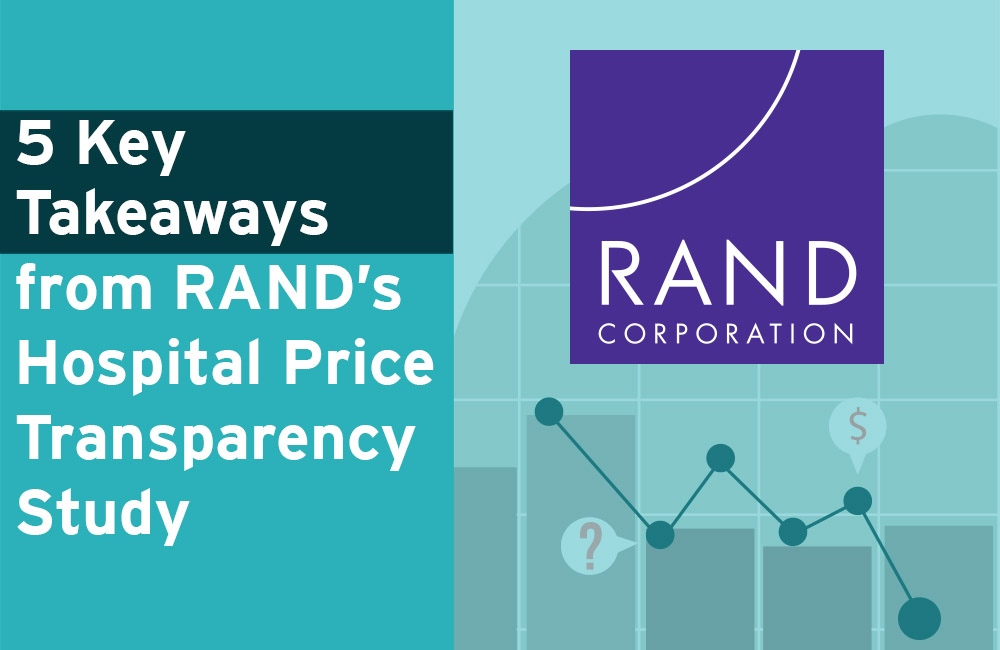
Federal Health Policy: Changes Employers Need to Know and Future Issues to Watch
How has federal health policy changed over the past year? Which changes impact employers with self-funded employee health benefit plans? And what are the ‘hot button’ legislation items currently being discussed in U.S. government?
These were the questions on the minds of attendees at The Alliance’s Health Policy event.
John Barlament, partner at Quarles and Brady informed attendees of the need-to-know issues that could impact their benefit offerings.
Barlament has been a trusted expert on this topic. This was Barlament’s tenth time speaking on health policy to the employer-members of The Alliance and other industry professionals.
Executive Orders
There have been three executive orders issued by President Trump that could potentially affect employee benefit plans. However, one of these has already shown a direct impact on employers.
An executive order issued on Oct. 12, 2017, allowed for greater use of health care reimbursement arrangements (HRAs). Due to this executive order, usage of HRAs is expected to grow in 2018.
The ACA: Is it here to stay?
The Affordable Care Act (ACA) has changed over the past year. However for employers, quite a lot of this law has remained unchanged.
ACA provisions that are still in effect, include:
- No annual or lifetime limits on essential health benefits.
- No pre-existing condition clauses.
- No excessive waiting periods.
- Expanded claims and appeal rules.
- Preventive care covered at 100 percent.
- Children can stay on their parents’ insurance until age 26.
- No rescissions.
- New Summary of Benefits and Coverage (SBC) is required.
- 1094/1095 employer mandated reporting.
- Section 1557 nondiscrimination rules.
- Certification of HIPAA compliance.
Congress has struggled with legislation to repeal and replace the ACA. They have moved on to tax reform legislation, instead. A few changes have been made and additional bills are on the horizon.
Also of note, in February 2018, 20 states sued the federal government to end the ACA, claiming the repeal of the individual mandate’s tax penalty rendered the law unconstitutional.
Tax Cuts and Jobs Act
The Tax Cuts and Jobs Act (TCJA) was signed into law on Dec. 22, 2017.
This law:
- Eliminated the individual health care coverage mandate.
- Reduced the maximum allowable family Health Savings Account (HSA) contribution.
- Made moving expense reimbursements, taxable.
- Changed the employer deductions available for transportation benefits.
- Delayed the “Cadillac Tax” until 2022.
Due to changes made in the TCJA, the IRS released Revenue Procedure 2018-18 on March 5, 2018. This includes a reduction in the maximum allowable family HSA contribution for families covered by a High-Deductible Health Plan (HDHP). The family maximum contribution for 2018 had been noted as $6,900 and now has been changed to a maximum of $6,850.
If your company communicated to employees a maximum 2018 HSA dollar amount, prior to this change, you will need to send additional communications to notify employees of this change.
Association Health Plans
There is some new guidance on how employers can band together to buy (or self-insure) health benefits. The new guidance makes it easier for unrelated to employers to do so. But it does not repeal the most stringent requirement – the requirement that these types of plans follow state multiple employer welfare arrangement (“MEWA”) rules. So the guidance may be of limited help.
The Cadillac Tax
The Cadillac Tax is the nickname of the ACA’s non-deductible, 40-percent excise tax. If an employer’s health plan coverage is worth more than the ACA’s designated “baseline” coverage, then the amount over the baseline cost would be applicable to this tax.
However, some coverage is excepted from this tax, including:
- Accident, disability income insurance.
- On-site medical clinics that only offer “de minimis” care.
- Stand-alone dental and vision plans.
- Most Employee Assistance Programs (EAP).
Congress is expected to revisit this tax. Will it be delayed again? Time will tell as it may be cheaper to move out the effective date of this tax, rather than repealing it completely.
“We’re going to see a lot of ‘gaming strategy’ in the years to come, in order to avoid the Cadillac Tax,” said Barlament.
1094/1095 Forms
Despite efforts to repeal, 1094/1095 forms are still required for employers with self-funded health plans. These forms report which employees were enrolled in their employer’s health plan and whether the employer offered sufficient coverage to employees.
Penalty notices have been sent to employers. Many of these have been found to be due to reporting errors.
“Many employers had checked the wrong box. They are now filing an appeal,” said Barlament.
Barlament advised employers to keep their old health plan documents. “You may need them as proof that you offered a sufficient level of health plan to your employees.”
Section 1557 and Transgender Benefits
ACA section 1557, requires that health plans that receive federal financial assistance, cover gender reassignment surgery.
Court cases have been filed due to this law. However, there may be similar court cases soon filed for “sex discrimination” based on Title VII of the Civil Rights Act of 1964.
Biometric Data for Wellness Programs
“If you collect employee biometric data in 2018, you may want to communicate that employees will receive a discount on their premiums in 2019, but not specify a specific amount,” said Barlament.
Collecting employee biometric data can present many pitfalls to employers.
Depending on how biometric data is viewed through the Americans with Disabilities Act in 2019, a wellness program by today’s standards may or may not be able to give a discount on premiums.
HIPAA Privacy and Security
The federal government continues to audit and enforce the HIPAA rules. To make sure that you are compliant, consider conducting an annual Health Insurance Portability and Accountability Act (HIPAA) audit. The office for Civil Rights (OCR) has begun stricter enforcement of HIPAA Privacy and Security Rules.
To make sure that you are covered, conduct an annual Health Insurance Portability and Accountability Act (HIPAA) audit. The office for Civil Rights (OCR) has begun stricter enforcement of HIPAA Privacy and Security Rules.
Mental Health Parity
Self-funded governmental employers can consider opting out of mental health parity rules. All other employers must comply with the new regulations.
Whether a mental health treatment plan is covered by insurance, has sometimes caused law suits. Litigation in this area is evolving. Expect more in the coming year.
Federal Health Policy Forecast
Movement has been seen in a push for a bill to simplify employer reporting under the ACA. Since the individual mandate has been repealed, employer groups have questioned the need for mandated employer reporting to comply with the ACA.
“This is a bill with bipartisan support,” said Barlament. “We’ll see where this goes.”







